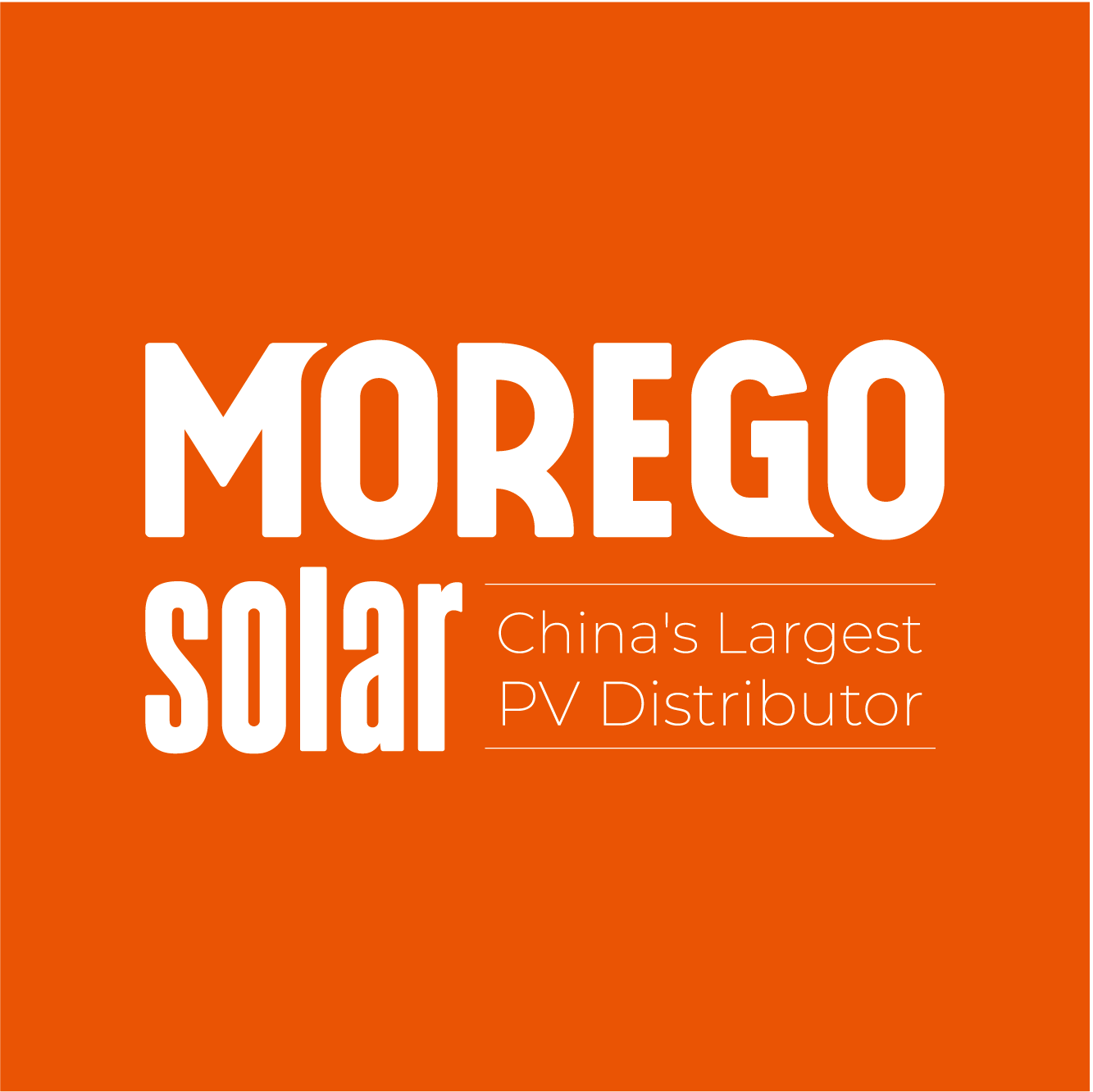Introduction
Industrial solar panel systems have revolutionized the way we harness energy from the sun, offering a sustainable and efficient solution to meet large-scale energy demands. With the growing need for renewable energy, understanding the power production capabilities of industrial solar panels is crucial. This knowledge not only aids in the decision-making process for investors and business owners but also helps in optimizing the installation and use of these systems.
Power Production of Industrial Solar Panels
The power output of an industrial solar panel system depends on several factors, including the size of the installation, the quality of the panels, and the geographic location. Typically, larger photovoltaic power stations can produce substantial amounts of electricity, making them a viable option for power station investors and commercial building roof owners.
Several key factors influence the power production of industrial solar panels:
Panel Efficiency: The efficiency of solar panels plays a significant role in determining how much sunlight is converted into usable electricity. High-efficiency panels can produce more power per square meter, which is essential for maximizing output in limited spaces.
Installation Size: The total power output is directly proportional to the number of panels installed. A larger installation will naturally generate more electricity. For instance, a standard industrial solar panel system might consist of thousands of panels, each capable of producing around 300 to 400 watts under optimal conditions.
Location and Sunlight Exposure: The geographic location of the installation significantly affects power production. Areas with higher solar irradiance receive more sunlight, thus increasing the potential electricity generation. Additionally, factors such as shading, orientation, and tilt of the panels can impact overall performance.
On average, an industrial solar panel system can produce anywhere from several hundred kilowatts to several megawatts of power per day. This variability highlights the importance of a tailored approach to each installation, ensuring that the system design and panel configuration meet the specific energy needs and site conditions.
Comprehensive Solutions for Industrial Solar Panel Systems
To fully capitalize on the benefits of industrial solar panel systems, a comprehensive approach is essential. This involves providing a complete set of solutions tailored to the needs of different stakeholders, including power station investors, factory or commercial building roof owners, and power station installers.
1. Solution Design: Developing an effective solar power station begins with a well-thought-out design. This includes assessing the site, calculating the optimal number of panels, and determining the best layout to maximize sunlight exposure. By leveraging advanced software and expertise, a customized design can significantly enhance the efficiency and output of the system.
2. High-Quality Product Configuration: The quality of the components used in the installation is paramount. High-efficiency solar panels, reliable inverters, and robust mounting systems contribute to the overall performance and longevity of the installation. By selecting top-tier products, investors and owners can ensure a high return on investment through consistent and reliable power generation.
3. Installation Suggestions: Proper installation is critical to the success of any industrial solar panel system. Expert installers provide valuable insights into the best practices for mounting panels, wiring, and ensuring system stability. This includes considerations for maintenance access and future scalability, allowing for easy upgrades as technology advances.
Industrial solar panel systems are primarily used for photovoltaic power generation, which offers a lucrative income stream. By converting sunlight into electricity, these systems enable businesses and power stations to generate significant revenue, offset energy costs, and contribute to a sustainable future.
For those interested in exploring related products and solutions, there are numerous resources and suppliers offering comprehensive packages. These packages include everything from initial consultation and design to product procurement and installation services, ensuring a seamless transition to renewable energy.
In conclusion, understanding the power production capabilities of industrial solar panel systems is essential for making informed decisions. By considering factors such as panel efficiency, installation size, and location, businesses can optimize their solar investments. Moreover, a holistic approach that includes solution design, high-quality product configuration, and expert installation can significantly enhance the performance and profitability of these systems.

